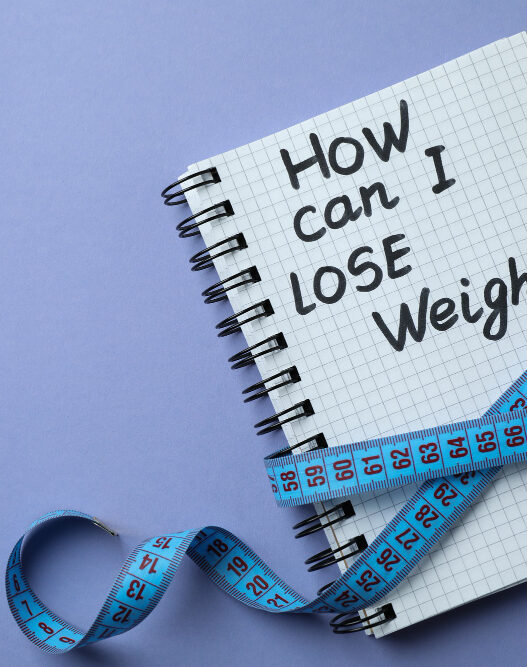What is set point weight theory? What are the 5 non-food-related reasons behind weight gain?
Over the years the amount of people looking to lose weight has significantly increased. In fact, as of 2022, surveys have found that approximately 52% of adults actively want to shed some pounds. In line with this, millions of people turn to dieting. According to several health sites, dieting is one of the most popular methods for weight loss. A CDC report found that almost 20% of Americans follow strict diets for health reasons. This number is more than double what it was a decade ago.
As it turns out, dieting isn’t always effective. In fact, 8 out of 10 dieters manage to produce short-term weight loss results but end up gaining it all back later on. This is because, in truth, excess weight is influenced by other factors besides food. If you’re someone who struggles with dieting and excess weight, here are five non-food-related reasons why you may be gaining weight.
Set Point Weight
Despite conscious efforts to restrict caloric intake, sometimes it just seems like the number on the scale isn’t moving. This is the set point weight theory. It posits that your weight is predisposed to stay at a certain point and that your body is trying to maintain it there. So when you do end up losing a bit of weight, set point theory says that your body will try to gain it back, maybe by adjusting your appetite. This set point can be determined by factors such as genetics and hormones. You can lower your set point weight by making gradual behavioral changes. Consistency will help your body adapt to a lower set point and help with weight loss.
Insufficient Sleep
Many dieters only tend to focus on their meals and end up neglecting their sleep. As of 2023, one-third of Americans don’t get enough sleep. This exposes them to a variety of health risks, and it can impact their weight as well. This is because your body type is largely influenced by how your physique metabolizes food, and insufficient sleep slows down your metabolism. Your body then has a harder time breaking down food and ends up storing fat instead. One way to get more sleep is to set a sleep schedule. This will train you to sleep at a specific time and regulate your circadian rhythm. Once this is normalized, it will fix your body’s metabolic rate, making it easier to lose weight.

Poor Gut Health
People rarely consider gut bacteria for their weight loss journey, but poor gut health can actually lead to weight gain. Gut bacteria aid in the body’s food breakdown process. It can regulate your metabolism, appetite, and energy consumption, too. As such, poor gut health means your body will have a harder time losing weight. You can improve your gut bacteria by taking more probiotics. Certain foods like yogurt and kimchi are great sources of probiotics, for instance. These restore gut bacteria balance, supporting your weight loss goals.
Stress Management
In 2022, a study found that Americans are one of the most stressed-out populations in the world. Unfortunately, multiple studies have cited poor stress management as a trigger for weight gain. This is because stress triggers your brain to release hormones that provide a lot of energy to help you deal with stress. Your body tries to make up for this exertion by increasing your appetite. Even if you don’t give in to these food cravings, these hormones also slow down your metabolism to conserve energy. To address this, it’s best to adopt better-coping mechanisms. An example of these is breathing exercises. Slowing down your breathing can relax your body and mind, thereby preventing the excessive release of the said hormones.
Medication Side Effect
Sometimes the medication you take to address another condition influences you to gain more weight. Certain prescribed medications, like those for diabetes, blood pressure, and mood disorders, often list weight gain as a side effect. This is because some treatments affect your energy metabolism, making your body process calories slower. Some treatments also cause your body to retain water. If you’re regularly seeing a physician, you could ask for their help with maintaining your ideal weight. They can prescribe an alternative medication that won’t cause as much weight gain.
As shown, diet isn’t the only thing that impacts weight. Keep these other weight gain factors in mind including the set point weight theory, insufficient sleep, poor gut health, stress, and medication side effects, etc. so you can be guided throughout your weight loss journey.
Dawn J Cartwright is a New York-based freelance writer with a lifelong passion for wellness. Her writing captivates readers with compelling stories that explore the depths of human emotions and experiences. Dawn holds certification as an ACE Health Coach and NESTA Lifestyle & Weight Management Specialist. With her training and credentials, she adds unique value to each of her published articles.











